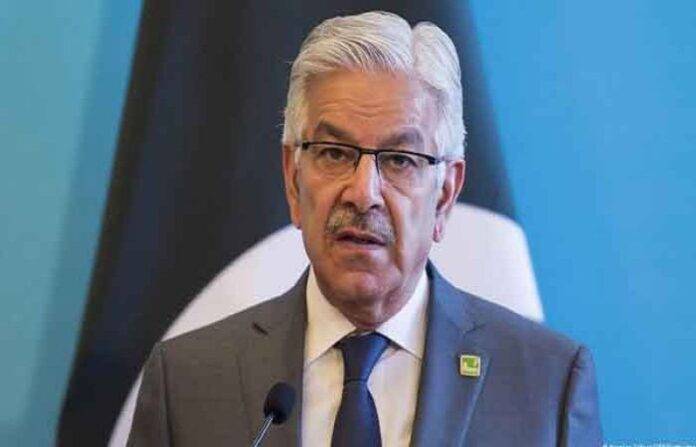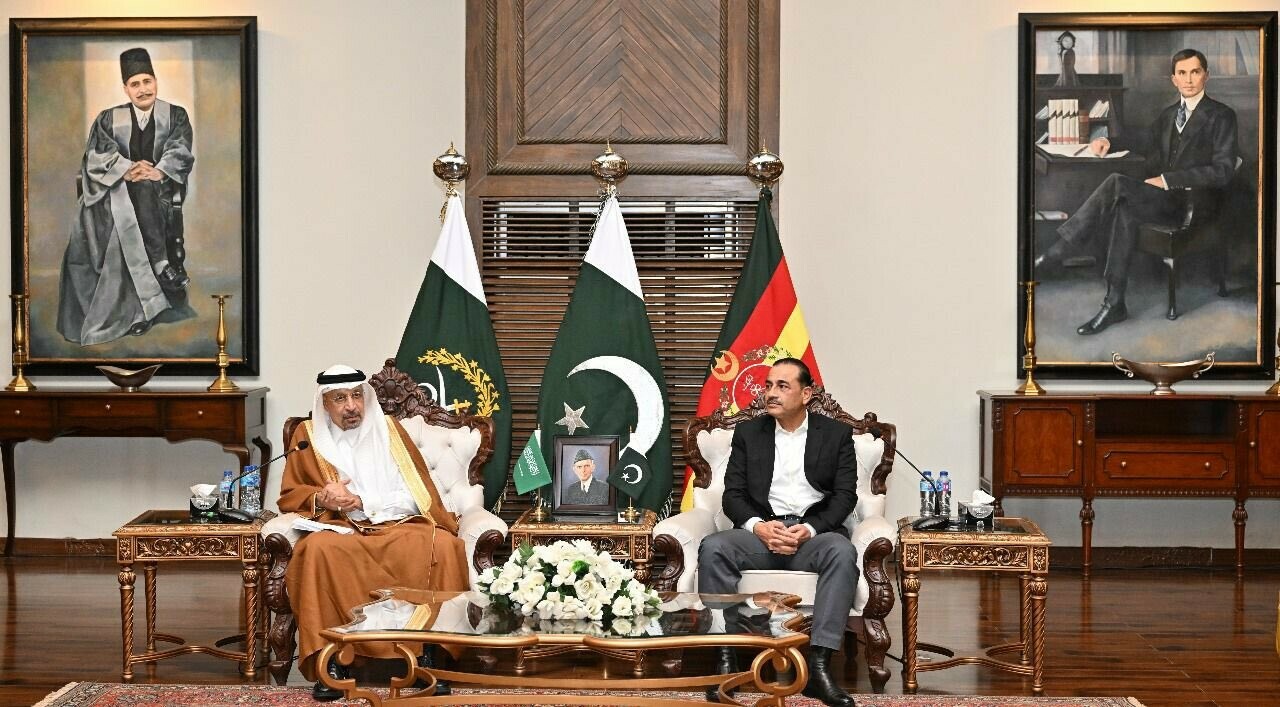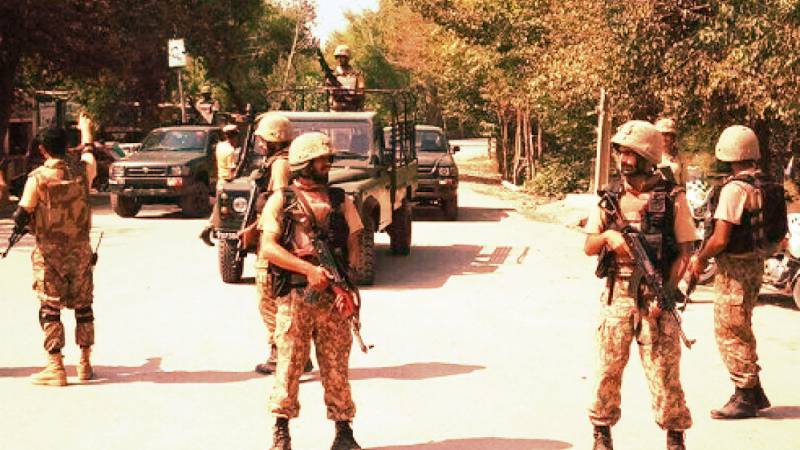PTBP Web Desk
Defence Minister Khawaja Asif has issued a strong warning to Afghanistan’s Taliban government, stating that Pakistan has tolerated their “treachery and mockery” for too long. In a post shared on X (formerly Twitter), Asif said any future terrorist attack or suicide bombing targeting Pakistan would “give the Taliban a bitter taste of their misadventures.”
The warning comes amid rising tensions between the two neighbours following failed peace talks in Istanbul and renewed border clashes that have left dozens dead. Asif’s remarks reflect Islamabad’s growing frustration with the Taliban regime’s inability — or unwillingness — to curb militant activities of the Tehreek-e-Taliban Pakistan (TTP) operating from Afghan soil.
According to the defence minister, Pakistan engaged in talks “to give peace a chance” at the request of several brotherly countries, which had urged Islamabad to show restraint. These talks were meant to prevent escalation and restore cooperation between the two sides. However, Asif noted that recent venomous statements from Afghan officials show “the devious and splintered mindset of the Taliban regime.”
His comments came shortly after Federal Minister for Information and Broadcasting Attaullah Tarar revealed that the latest Istanbul talks between Pakistan and Afghanistan failed to achieve any meaningful progress. “The Afghan side kept deviating from the core issue and evaded the key point,” Tarar said in a press briefing.
Violence between the two countries has intensified this month along the Pakistan-Afghanistan border, marking the worst escalation since the Taliban seized power in Kabul in 2021. The clashes erupted after an air strike in Kabul targeted a top commander of the TTP, a banned terrorist outfit distinct from the ruling Taliban.
In retaliation, TTP militants launched cross-border attacks on Pakistani military posts, intensifying the security crisis. Pakistan has long accused the Taliban government of providing safe havens to the TTP, allowing them to plan and execute terrorist attacks inside Pakistan with impunity. Kabul, however, has denied these allegations, insisting that it does not support militant groups targeting other countries.
For background, the TTP (Tehreek-e-Taliban Pakistan) shares ideological roots with the Afghan Taliban but operates independently. It has been responsible for numerous deadly attacks in Pakistan, including assaults on security forces, civilians, and government installations.
In his post, Khawaja Asif accused the Taliban rulers in Kabul of “blindly pushing Afghanistan into yet another conflict” in order to maintain their “usurped rule and war economy.” He described the Taliban’s leadership as driven by self-interest rather than the welfare of the Afghan people.
“Despite fully knowing their inherent limitations and the hollowness of their war cries, they are beating the war drums to maintain their crumbling façade,” Asif wrote.
The minister added that if the Taliban regime is determined to drag Afghanistan and its people back into conflict, Pakistan would not stand in their way. His remarks signal a tougher stance from Islamabad, which had initially sought diplomatic engagement with the Taliban following their 2021 takeover.
Khawaja Asif also took aim at the popular phrase often used to describe Afghanistan — the “graveyard of empires.” He clarified that Pakistan does not consider itself an empire, but Afghanistan has indeed been a graveyard for its own people due to decades of internal conflict.
“Never a graveyard of empires, but certainly a playground of empires you have been throughout history,” he said.
The defence minister’s remarks underscore Pakistan’s growing concern that the Taliban’s policies are leading Afghanistan back into instability, with spillover effects threatening Pakistan’s national security.
Khawaja Asif further warned that the war mongers within the Taliban regime, who profit from regional instability, have likely misjudged Pakistan’s resolve.
“If the Taliban regime wants to fight us, the world will INSHAALLAH see that their threats are only a performative circus,” he warned.
The message reflects a strategic shift in Islamabad’s tone — from reconciliation to deterrence — as Pakistan seeks to protect its borders and national interests.
Diplomatic observers believe the collapse of the Istanbul talks marks a serious setback in efforts to stabilize Pakistan-Afghanistan relations. The continuing presence of the TTP in Afghanistan remains the most contentious issue between the two nations.
Pakistan has demanded action against TTP safe havens, warning that continued inaction could lead to unilateral measures to secure its borders. Meanwhile, the Taliban leadership in Kabul insists it will not allow any foreign military operation inside Afghanistan.
The coming weeks will likely determine whether both sides can return to the negotiating table or drift further toward confrontation.




